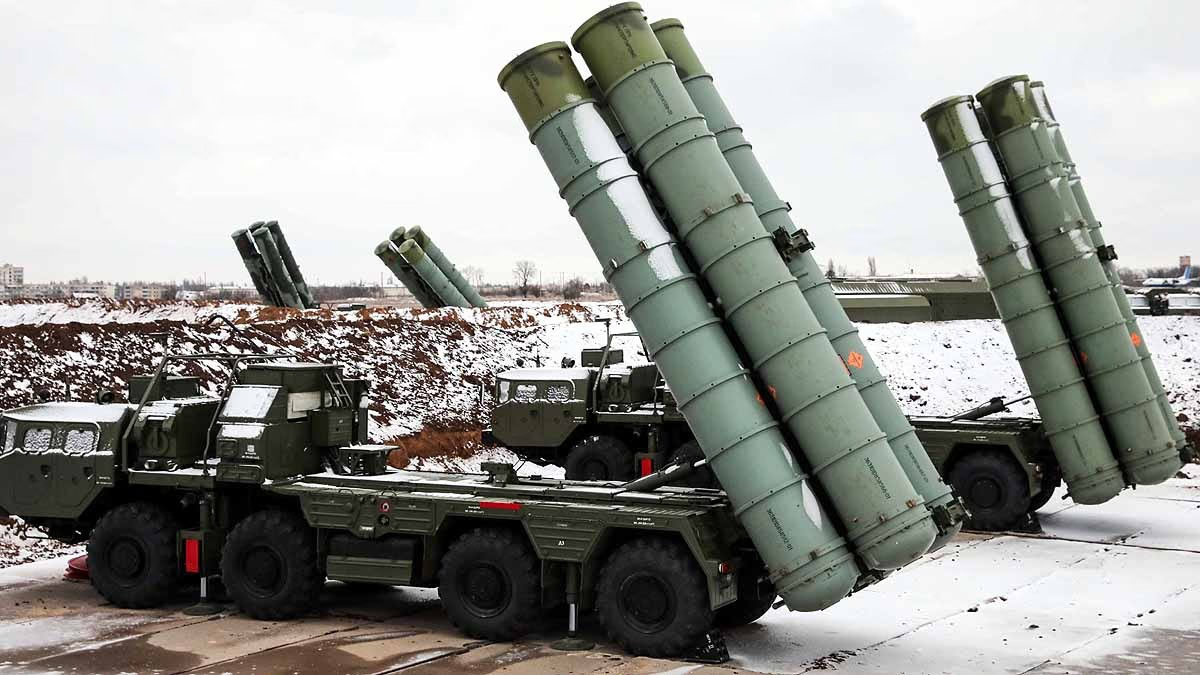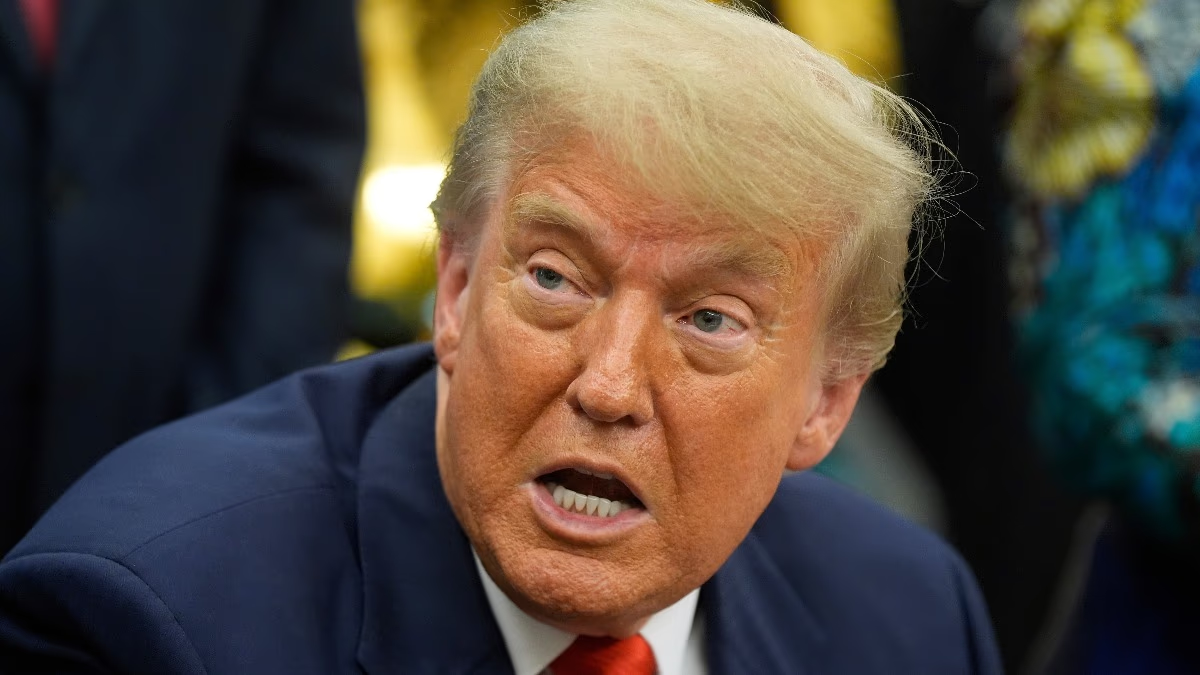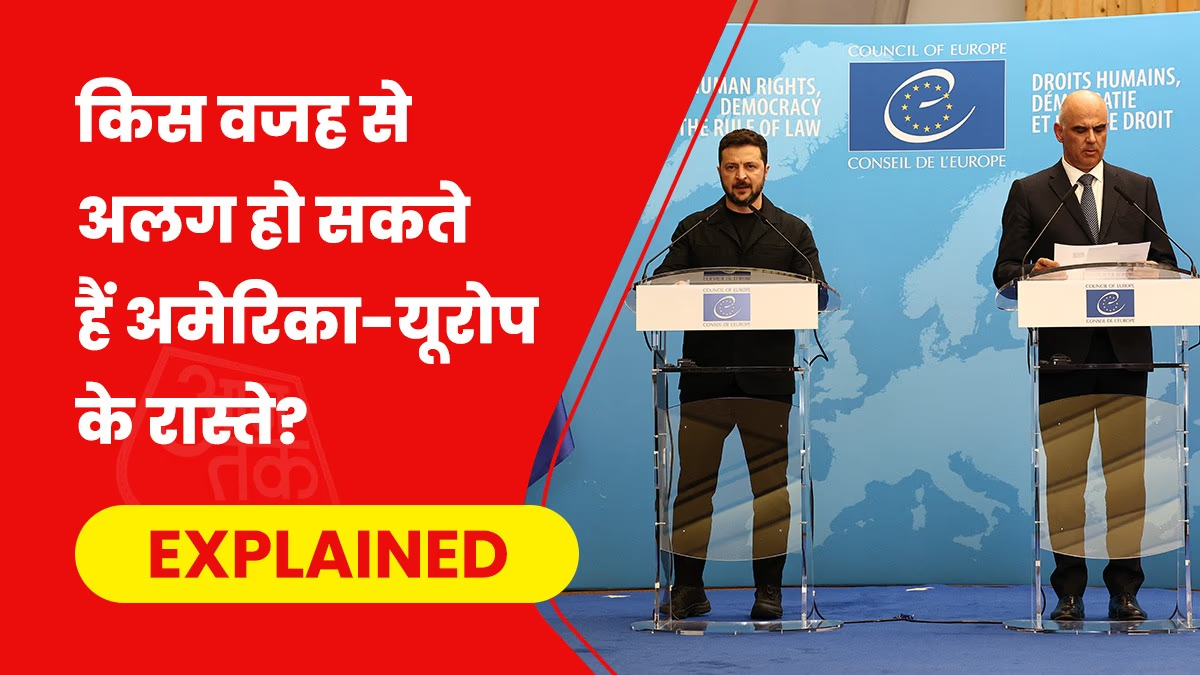During the Shanghai Cooperation Organization (SCO) defense ministers meeting in Qingdao, India's Defense Minister Rajnath Singh held a crucial bilateral meeting with Russian Defense Minister Andrei Belousov. This meeting was pivotal for strengthening regional and global security as well as fortifying India-Russia defense cooperation.
The meeting occurred against the backdrop of complex regional security following the military conflict between India and Pakistan in May 2025. The terrorist attack in Pahalgam, Jammu and Kashmir, on April 22, 2025, which claimed 26 civilian lives, including a Nepali citizen, highlighted the urgent need for enhanced defense capabilities.
In response to the attack, India conducted air strikes on nine terrorist bases in Pakistan and Pakistan-occupied Kashmir (PoK). The need to bolster India's defense capacities was immediate, and this meeting with Russia was an essential step in that direction.
Meeting Highlights
S-400 Air Defense System Supply
India signed a $5.43 billion deal with Russia in 2018 for the purchase of five S-400 Triumph air defense systems. This system is capable of neutralizing multiple aerial threats, including missiles, drones, and combat aircraft over long distances.
India has already received three units of the S-400 system. The remaining two units are expected to be delivered within the next 24 months. The Russian defense minister assured timely delivery of these units during this meeting, which are crucial for enhancing India's defense capabilities, especially amid growing threats from neighboring countries like China and Pakistan.
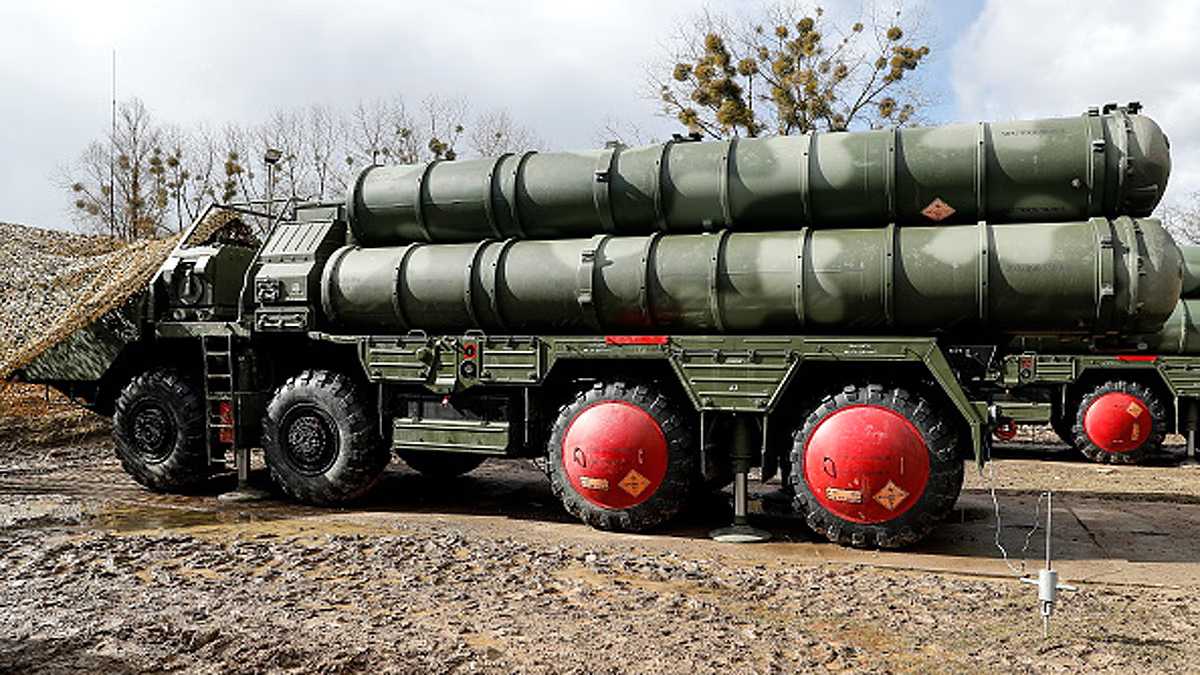
Source: aajtak
Su-30 MKI Fighter Jets Upgrade
The Indian Air Force operates around 260 Su-30 MKI fighter jets, considered its backbone. These jets played a critical role in Operation Sindoor, employing the aerial version of the BrahMos missile to strike Pakistani air bases.
The meeting focused on modernizing these jets, with plans to incorporate new avionics, advanced radars, and 78% indigenous components. This upgrade aligns with India's 'Atmanirbhar Bharat' initiative.
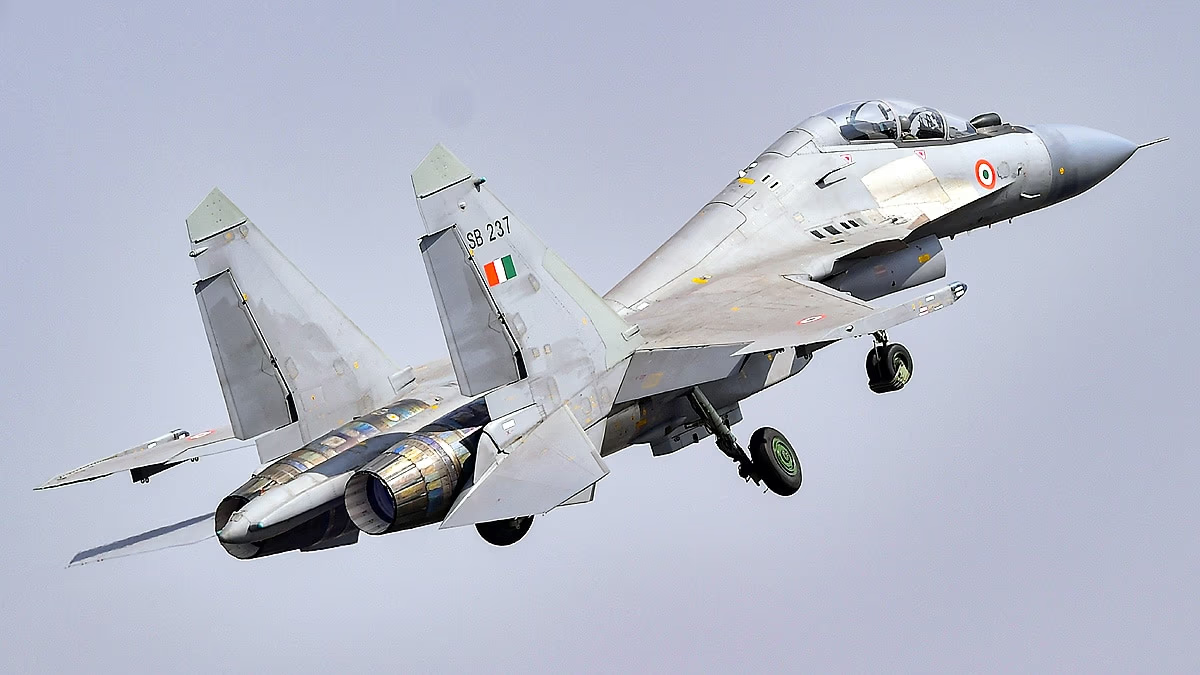
Source: aajtak
Swift Procurement of Key Military Hardware
India and Russia agreed on the prompt supply of air defense systems, air-to-air missiles, and other advanced military equipment, vital for bolstering India's defense readiness amid threats on two fronts - Pakistan and China. Discussions also covered accelerating joint projects involving BrahMos missiles, T-90 tanks, MiG-29s, Kamov helicopters, and AK-203 rifles.
United Stance Against Terrorism
Russian Defense Minister Belousov condemned the Pahalgam terrorist attack as "cowardly" and expressed solidarity with India. He supported India's stance against terrorism. Rajnath Singh also took a tough stance against terrorism at the SCO meeting, emphasizing that terror havens are no longer safe and sponsors of terrorism must be held accountable.
History of India-Russia Defense Cooperation
India-Russia defense ties span several decades, operating under the India-Russia Inter-Governmental Commission on Military and Military-Technical Cooperation (IRIGC-M&MTC). This cooperation extends beyond arms purchases to include joint research, co-development, and production. Key projects include:
S-400 Air Defense System: Strengthening India's aerial defenses.
T-90 Tanks and Su-30 MKI: Licensed production in India.
INS Vikramaditya: Aircraft carrier acquired from Russia.
BrahMos Missile: A joint India-Russia project, the world's fastest supersonic cruise missile.
AK-203 Rifle: Production commenced in Amethi, Uttar Pradesh.
Russian Defense Minister Belousov stated that India is an extremely important strategic partner for Russia, a traditional friend, and a collaborator in the military-technical arena.
SCO Meeting and Regional Context
The meeting was part of the Shanghai Cooperation Organization (SCO), an international organization established in 2001. Member countries include India, China, Russia, Pakistan, Kazakhstan, Kyrgyzstan, Tajikistan, Uzbekistan, Iran, and Belarus. India became a full member in 2017 and held the presidency in 2023.
Rajnath Singh called for unity against terrorism at the SCO meeting. He criticized cross-border terrorism originating from Pakistan, without explicitly naming it. India refrained from signing the SCO joint statement as it did not mention the Pahalgam attack, although it referenced events in Pakistan.
